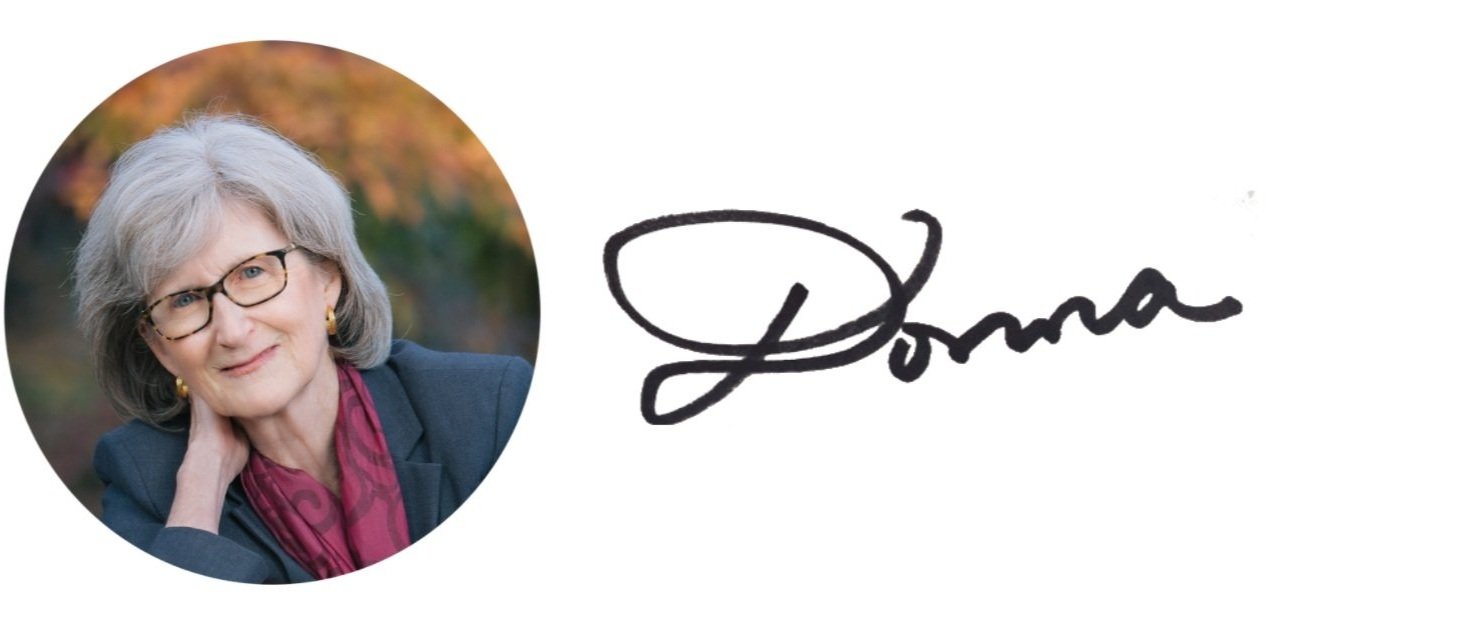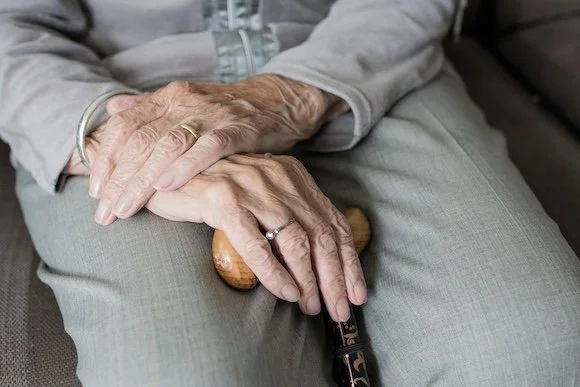When my first husband and I needed to write our will, we couldn’t agree on who to ask to be a guardian for our school-age children. We settled on a doctor colleague and his wife, prepared a do-it-yourself Will, named the couple as the guardians, had the document witnessed, and carefully filed it away. What we did not do, until several years later, was ask for this couple’s approval. We were embarrassed we had no family members we could agree upon as suitable guardians.
Asking for assistance can be difficult, yet situations frequently arise when we need help—at work, in a family crisis, or coping with health issues, housing challenges, or financial troubles. All of us need help at one time or another, so why is it so difficult to ask for help?
Some of us are isolated like I was during my early working years, and it can feel as though there is no one to ask. We may lack confidence in ourselves and in the propriety of our requests. We may fear creating a disturbance, bothering people, or making them not like us or think we are incompetent, lazy, or a pest. Some of us have had a difficult experience in the past when someone we helped became overdependent on us—we may fear becoming that annoying person. We may have been programmed as children to view asking for help as a sign of weakness to be avoided at all costs.
Think how uncomfortable you might feel to seek advice about your alcoholic parent; request a ride to the emergency room when you can’t stop vomiting; find someone to babysit your child because the sitter didn’t show up—and the house is a disaster; or, solicit assistance to solve a computer disaster at work that you fear you created. Asking for help at times like these can leave us feeling vulnerable and exposed.
Getting my first book off the ground in June 2021 impelled me to ask many people to do things for me. In a guest blog post that I wrote for the Christian Indie Publishing Association (CIPA), “The Ultimate Guide to Launching a Book for Indie Authors,” I describe the angst I felt making innumerable requests of friends, family, and acquaintances. I asked for support for my programs, sign-ups for my blog, and participation in my launch team. I asked people to buy my book, review my book, and so on. I worried they wouldn’t like me or my book and often felt like a nuisance.
Through this process, I learned how to make asking for help easier and even rewarding. My breakthrough came when I recognized that people who helped me were, in some way, also helping themselves and others. Yes, my asks have resulted in positive outcomes for many people.
Here are four things you can do that can make asking easier and more rewarding:
Build Community. If you are not part of a community, I’d suggest intentionally seeking out a group to join where you can share a purpose, meet new and diverse people, and hopefully help our world. Communities to consider are places of worship; neighborhood, educational, tutoring, or recreational groups; book clubs; arts programs; and, organizations that focus on political issues, safety, or climate change. If you contribute to these types of joint efforts, you will make a difference in the world. You will also make new friends—people you could help out if they ask, and whom you can turn to for help when you need it.
Give and Receive. I envision expanding circles of love in which humble people ask for help and giving people feel honored to help and be trusted. Not only is the original problem or need solved, but good feelings like these are contagious. Favors are reciprocated or “paid forward.” I think of the day a woman in my neighborhood fell and cut her face. She was bloody and shaken. She didn’t know many people in the area, so she hesitatingly called me because I was nearby. I was honored that she called me and felt happy to be able to drive her to the emergency room. This incident helped both of us be more open to giving and asking for help.
Create Opportunities for Personal Growth. During my book launch, I struggled with making so many requests. But I soon came to understand that I was offering opportunities to others to help spread a positive message, while also learning different things, meeting new people, and having a ton of fun. When I sent a thank-you gift to a team leader, she gushed that she was the one who should be thanking me. She described how much she had learned, how much she had enjoyed herself, and what an extraordinary experience it had been for her. Another team member was immensely proud of herself for creating a live Facebook video, something she’d never thought herself capable of doing. Many times, our asks offer valuable but less tangible rewards, such as opportunities to practice generosity, patience, or empathy.
Network. Making a request as part of a networking strategy was new to me. Finding good partners with whom to network requires effort, but developing a creative plan with the right partner builds a win-win situation that makes the asking easy— the rewards are obvious to both parties. The “ask” doesn’t have to be blatant. In my Pop-Up Conversation series, for example, I’ve met new people whom I’ve come to like and respect. Over time, we have reciprocated with guest blog posts, interviews, reviews, and recommendations, and, best of all, have become friends. Networking also works with friends and neighbors. We can commit to looking out for each other, sharing contacts, and skills.
SUGGESTIONS:
Seek help in a respectful manner and, if possible, at a convenient time and place. Be calm and attentive when receiving help. Thank the person who is helping and, when appropriate, give them credit for their work.
Kindness demands that the person being asked for help be respectful, polite, and nonjudgmental so as to not inadvertently demean the one who needs help. If you are unable or unwilling to help, decline the request politely.
I guess this was what my mom was getting at when she so often reminded me:
“It never hurts to ask, as long as you ask nicely.”
Dr. Donna Chacko promotes health of body, mind, and spirit through her website (serenityandhealth.com), her blog, and programs at her church. She is the author of the award-winning book and Amazon best-seller Pilgrimage: A Doctor’s Healing Journey (Luminare Press, 2021). You can read her full bio here.
Donna also offers a limited video series, “Pop-Up Conversations on Health of Mind, Body, and Spirit,” in which she interviews special guests on a range of topics related to mind-body-spirit balance and faith.









What are your Spiritual Gifts and how do you find them?